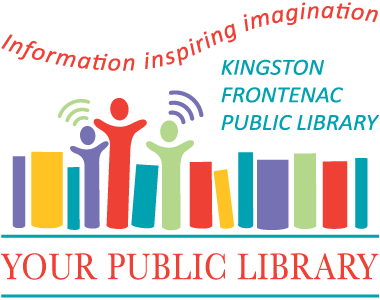
Availability
| Availability Label | Location | Shelfmark | Availability | Reservations |
|---|---|---|---|---|
 |
Cataraqui Centre | Non 372.47 Gei | Copies Available |
0 |
Comments and Reviews
Patron Comments and Reviews
Tell us what you thought about Reach all readers
Summary & Details
Full Record Details Table
| Title Statement | Reach all readers: using the science of reading to transform your literacy instruction / Anna Geiger. |
|---|---|
| Author | Geiger, Anna |
| Publication | Hoboken, NJ: John Wiley & Sons, Inc.,[2024]©2024 |
| Extent of Item | xvii, 254 pages |
| ISBN | 9781394205653 (trade paperback) |
| Other Number | pr07551837 |
| Contents | Chapter 1. The big picture --Chapter 2. The science of learning --Chapter 3. Oral language --Chapter 4. Phonemic awareness and the alphabetic principle --Chapter 5. Phonics --Chapter 6. Fluency --Chapter 7. Vocabulary --Chapter 8. Comprehension --Chapter 9. Linking reading and writing --Chapter 10. Dyslexia --Chapter 11. Using MTSS to reach all readers. |
| Bibliography | Includes bibliographical references and index. |
| Summary | "According to a report published by EdWeek, 'just 35% of 4th graders are proficient readers'. There is a lack of literacy skills in the early childhood population by the time these students get to 4th grade. But where does this learning gap come from? The report also shows that educators are likely to use solely what they learn about literacy in professional development or school training when they teach literacy skills to their students, rather than doing research on their own to expand their knowledge of how to teach literacy. Many educators, especially early childhood educators, find the science of literacy hard to grasp. It is often difficult to see why certain approaches to teaching literacy are effective and why others aren't. Educators have plenty on their plates and often times do not have the bandwidth to study complicated literacy research articles to support what they learn in professional development & school trainings. They need a quick, concise way to learn about the science of literacy in a digestible way, and they need practical tools to help their students learn literacy skills in an engaging way"-- |
| Subjects & Genres | |
| By Topic | English language--Study and teaching (Primary) |
| Reading (Early childhood) | |
| Reading (Elementary) | |
| Reading (Primary) | |
| Reading comprehension--Study and teaching | |
| Reading--Phonetic method--Study and teaching | |
| Reading--United States | |


